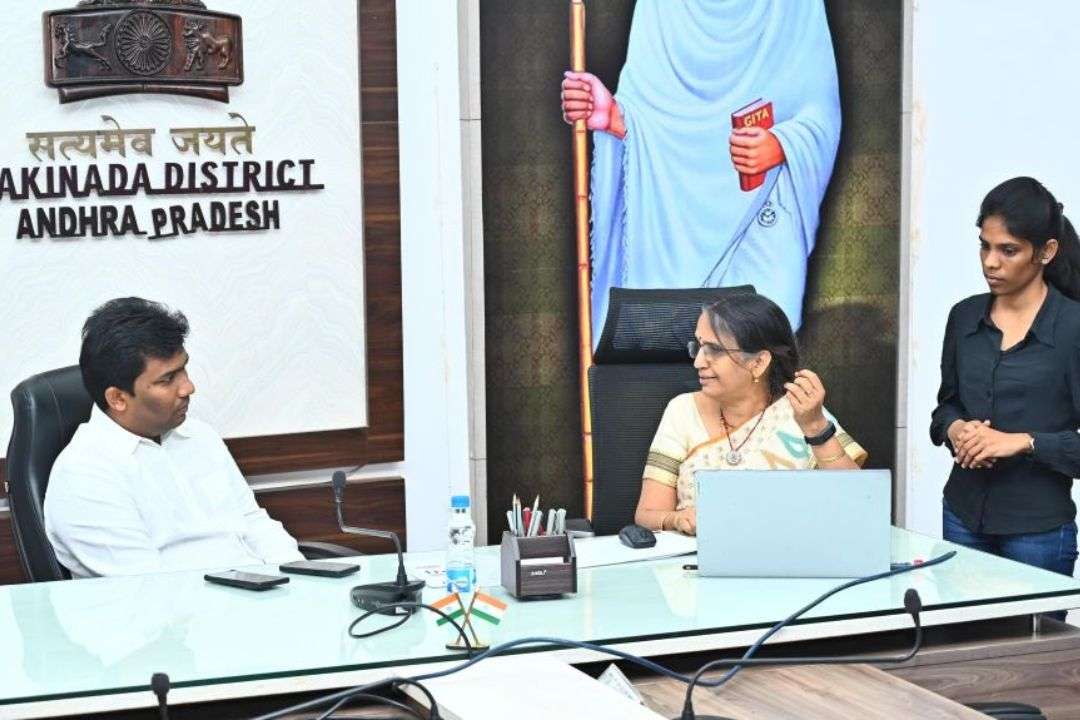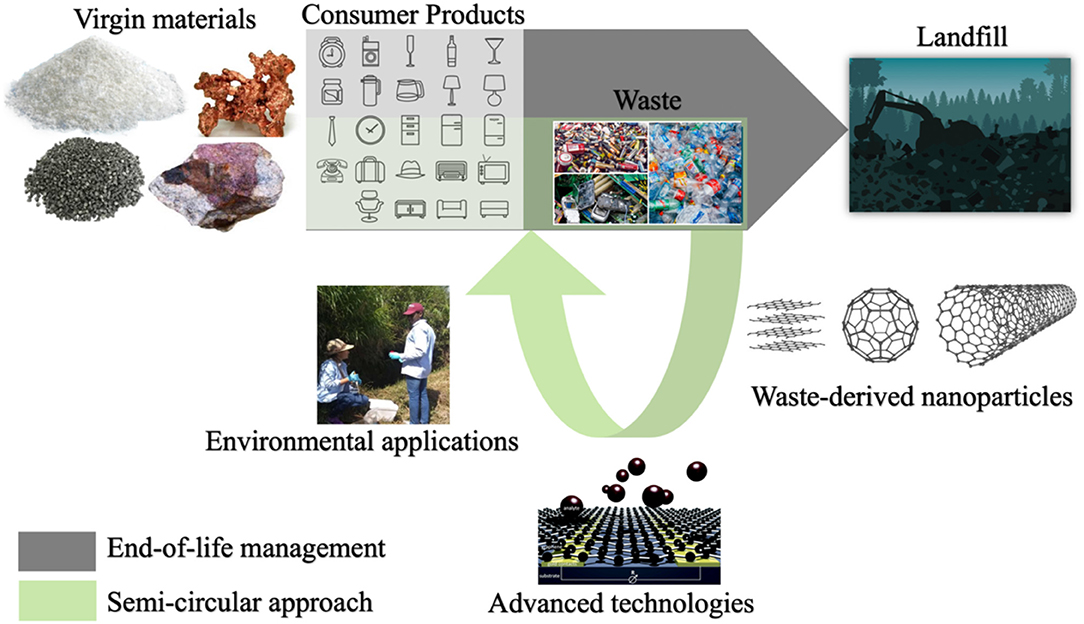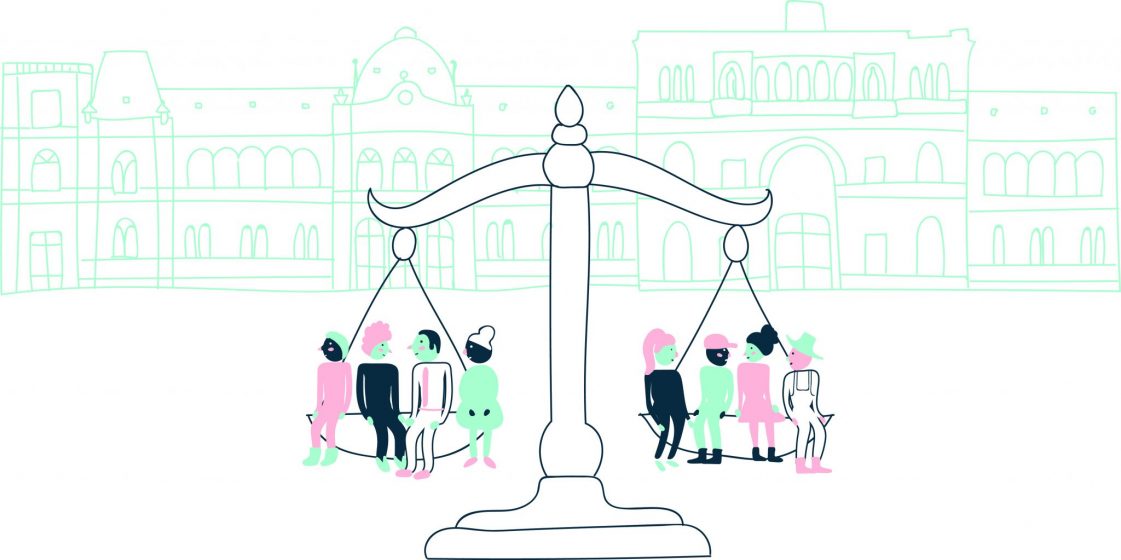Collaboration to Advance Smart City Development in Kakinada
Partnership Overview
On June 17, 2025, the Smart City Research Centre at IIIT Hyderabad and the Kakinada Institute of Engineering and Technology (KIET) signed a Memorandum of Understanding (MoU) to support the Kakinada Smart City Mission. This partnership aims to establish a Smart City Living Lab at the KIET campus, integrating advanced technologies and real-time urban solutions to promote sustainable urban development in Kakinada.
Significance of the Initiative
- The MoU was signed in the presence of Sagili Shan Mohan, District Collector of Kakinada, highlighting government support.
- The initiative bridges academia, government, and technology sectors to foster smarter and more sustainable cities.
- It aligns with the United Nations Sustainable Development Goals (SDGs), particularly SDG 11: Sustainable Cities and Communities.
Smart City Living Lab: Objectives and Activities
Dynamic Ecosystem for Innovation
The Smart City Living Lab at KIET will serve as a collaborative platform for students, researchers, and local stakeholders to address real-world urban challenges. Key objectives include:
- Deployment and validation of smart city technologies in practical environments.
- Utilization of the KIET campus as a testbed for innovative urban solutions.
- Promotion of sustainable urban development in line with SDG 9 (Industry, Innovation and Infrastructure) and SDG 17 (Partnerships for the Goals).
Planned Activities
- Implementation of cutting-edge smart city technologies for real-world testing and validation.
- Collaboration with local stakeholders to execute urban projects with measurable outcomes.
- Organization of workshops, expert-led sessions, and training programs to enhance knowledge exchange and skill development in urban innovation.
- Provision of internships and research opportunities to nurture future urban development experts.
Contribution to Sustainable Development Goals (SDGs)
- Supports SDG 4: Quality Education through training and research opportunities.
- Advances SDG 11: Sustainable Cities and Communities by integrating smart technologies into urban infrastructure.
- Encourages SDG 13: Climate Action by promoting sustainable urban solutions.
Research and Innovation Highlights
Ongoing Research Areas
The IIIT Hyderabad team presented their research focusing on:
- Crowd monitoring systems.
- Water supply distribution and quality monitoring.
- Digital twin technology for water networks.
- Scalable City IoT Platform (ctOP).
Government Engagement and Future Plans
- The District Collector expressed interest in implementing a Proof of Concept (PoC) for crowd monitoring in Kakinada.
- Strong government support is expected to facilitate the transition of research from laboratories to community impact.
- This collaboration marks a new phase in deploying scalable smart city solutions in Kakinada, advancing SDG 17 (Partnerships for the Goals).
Institutional Background
The International Institute of Information Technology, Hyderabad (IIIT-H) is an autonomous research university established in 1998. It specializes in Information Technology and interdisciplinary research with social impact. Research domains include Visual Information Technologies, Human Language Technologies, Data Engineering, Robotics, Earthquake Engineering, Bioinformatics, and IT in Agriculture, contributing to multiple SDGs such as SDG 9 and SDG 15 (Life on Land).
Conclusion
The partnership between IIIT Hyderabad, KIET, and the local government of Kakinada exemplifies a strategic approach to sustainable urban development through innovation and collaboration. By focusing on the Sustainable Development Goals, particularly SDG 11, this initiative aims to create scalable, impactful solutions that enhance the livability and sustainability of Kakinada, setting a precedent for smart city development across India.

1. Sustainable Development Goals (SDGs) Addressed or Connected
- SDG 9: Industry, Innovation and Infrastructure
- The article discusses the development and deployment of smart city technologies, digital twin technology, and scalable City IoT platforms, which align with fostering innovation and building resilient infrastructure.
- SDG 11: Sustainable Cities and Communities
- The focus on smart city development, urban innovation, and enhancing city infrastructure directly relates to making cities inclusive, safe, resilient, and sustainable.
- SDG 4: Quality Education
- The initiative includes internships, research opportunities, workshops, and training programs, contributing to inclusive and equitable quality education and promoting lifelong learning opportunities.
- SDG 17: Partnerships for the Goals
- The collaboration between academia (IIIT Hyderabad and KIET), local government, and other stakeholders exemplifies multi-stakeholder partnerships to achieve sustainable development.
2. Specific Targets Under Those SDGs
- SDG 9 Targets
- Target 9.5: Enhance scientific research, upgrade the technological capabilities of industrial sectors, and encourage innovation.
- Target 9.b: Support domestic technology development and research in developing countries.
- SDG 11 Targets
- Target 11.3: Enhance inclusive and sustainable urbanization and capacity for participatory, integrated, and sustainable human settlement planning and management.
- Target 11.6: Reduce the adverse per capita environmental impact of cities, including by paying special attention to air quality and municipal and other waste management.
- SDG 4 Targets
- Target 4.4: Increase the number of youth and adults who have relevant skills, including technical and vocational skills, for employment and entrepreneurship.
- SDG 17 Targets
- Target 17.17: Encourage and promote effective public, public-private, and civil society partnerships.
3. Indicators Mentioned or Implied to Measure Progress
- For SDG 9
- Number of research projects and innovations implemented (e.g., crowd monitoring, water supply distribution, digital twin technology).
- Deployment and validation of smart city technologies in real-world settings.
- For SDG 11
- Measurable outcomes from urban projects executed in collaboration with local stakeholders.
- Improvements in urban infrastructure sustainability and livability.
- For SDG 4
- Number of students participating in internships and research opportunities.
- Number of workshops, training programs, and expert-led sessions conducted.
- For SDG 17
- Number and effectiveness of partnerships formed between academia, government, and local stakeholders.
4. Table of SDGs, Targets, and Indicators
| SDGs | Targets | Indicators |
|---|---|---|
| SDG 9: Industry, Innovation and Infrastructure |
|
|
| SDG 11: Sustainable Cities and Communities |
|
|
| SDG 4: Quality Education |
|
|
| SDG 17: Partnerships for the Goals |
|
|
Source: themachinemaker.com







